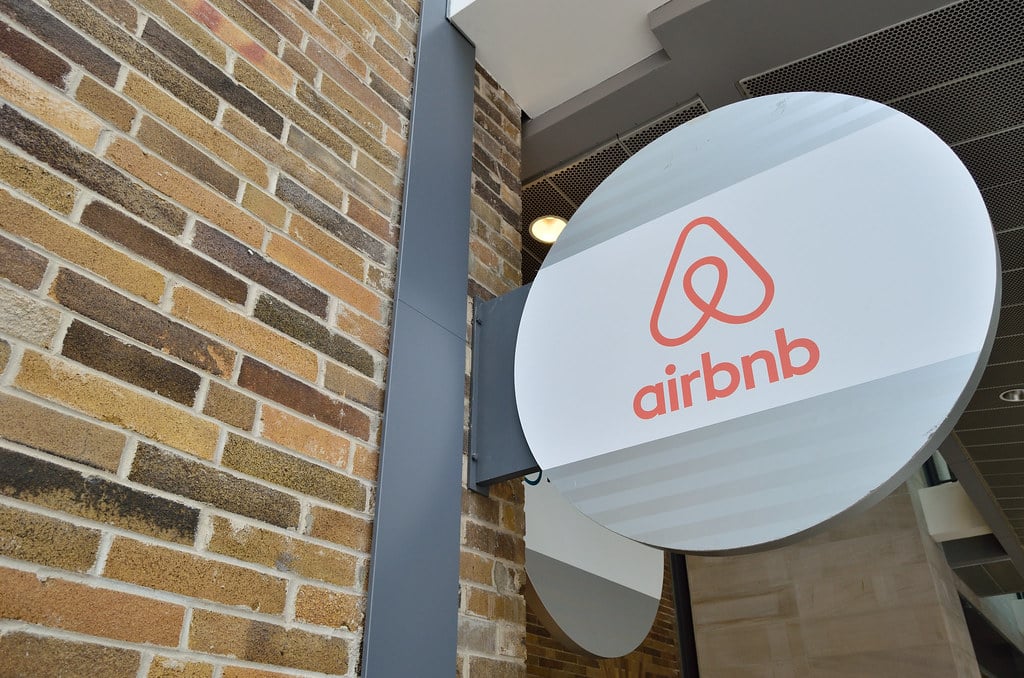
In the world of travel and hospitality, change is as inevitable as the rising and setting of the sun. Lately, Asheville’s Airbnb sector has found itself wrestling with this age-old truth. The once-thriving market, famed for its scenic mountain views and bohemian charm, is now going through an astonishing downturn. And, it’s happening at such an alarming rate that it feels more like a rollercoaster ride than a peaceful mountain trail.
The Golden Era of Asheville Airbnb
Asheville, nestled in the heart of the Blue Ridge Mountains, has long been a favored Airbnb hotspot. Its unique blend of small-town charm, rich artistic tradition, and bustling food scene has consistently lured travelers from around the globe. The Asheville Airbnb scene had its golden era where cabins, lodges, and treehouses were booked months in advance, delivering a significant economic boost to the local community. The beauty of this era lay in its simplicity – quality accommodations, competitive prices, and an opportunity to experience Asheville’s culture in its raw, unfiltered form.
The Troubling Shift
However, the winds of change have recently blown through this serene mountain town, uprooting the Asheville Airbnb’s golden era. Rising prices and exorbitant fees have caused a significant drop in bookings. What used to be a viable alternative to traditional hotels, offering value for money, is now an expensive option for many potential visitors. As the costs climbed, the allure of Asheville’s Airbnb offerings has diminished.
The Impact of the Inflated Prices
Travelers are now finding themselves questioning the value of staying in an Asheville Airbnb. The rising prices have not just deterred the budget travelers; even those willing to splurge are now weighing their options. After all, why would anyone pay hotel-like prices for Airbnb accommodations when they could just stay at an actual hotel and benefit from the perks and predictability such establishments offer? The once roaring river of travelers booking Asheville Airbnb lodgings has significantly reduced to a mere trickle, and the effects are palpable.
Airbnb and the Asheville Housing Crisis: A Complex Relationship
The Asheville Airbnb landscape has not only been rattled by escalating prices and fees. The platform is currently embroiled in a contentious debate as Asheville grapples with an acute housing crisis. Critics argue that the proliferation of short-term rentals is contributing to the housing shortage and causing a spike in rental prices for local residents.
Airbnb, a platform that once brought vibrancy and tourism dollars to Asheville, is now viewed by some as a detriment to the community’s housing needs. Critics argue that as homes are converted into short-term rentals, fewer properties are available for locals to rent or buy. This conversion trend, combined with Asheville’s growing popularity, has put a squeeze on housing availability, leaving many locals in a bind.
The controversy has sparked intense public debate, with the Asheville city council caught in the middle. Some argue that the solution lies in stricter regulations for short-term rentals, while others propose building more affordable housing. As this controversy continues to unfold, the future of Airbnb in Asheville remains uncertain. Amid this uncertainty, one thing is clear: the impact of Airbnb on Asheville’s housing crisis is a complex issue that will require thoughtful deliberation and action to resolve.
Change: Good or Bad?
As the sun sets on Asheville’s mountains, the town’s Airbnb hosts find themselves hoping for a change, a return to simpler, more affordable times. The dramatic decline in bookings has not only hurt their pockets but some worry that it could negatively affect the local economy. The dip in Asheville Airbnb bookings could potentially, in turn, lead to less money being spent in local restaurants, shops, and attractions.
While the decline of Asheville Airbnb is cause for concern among some, it has been met with relief from others. Many homeowners and long-time residents, who had been grappling with the negative impacts of a bustling short-term rental market in their neighborhoods, are somewhat relieved. They’ve watched as the character of their neighborhoods changed, as houses turned into vacation rentals and the steady influx of tourists disrupted the sense of community. For these residents, the decline of Airbnb has been a welcome respite, a chance to regain the tranquility and familiarity of their neighborhoods. Their relief underscores the complexity of the Airbnb debate in Asheville, highlighting that the platform’s impacts extend beyond economics, affecting the social fabric of the city as well.